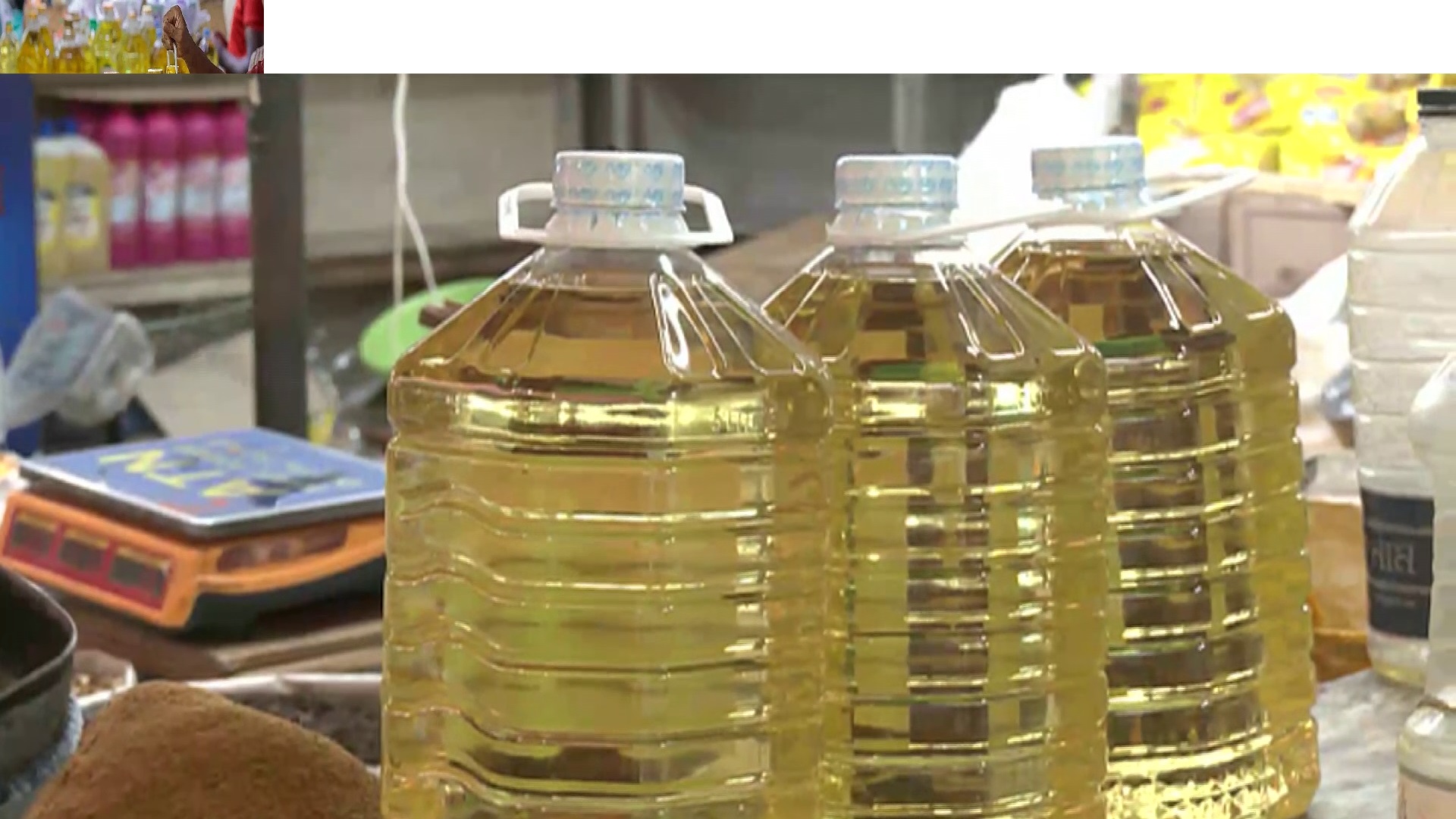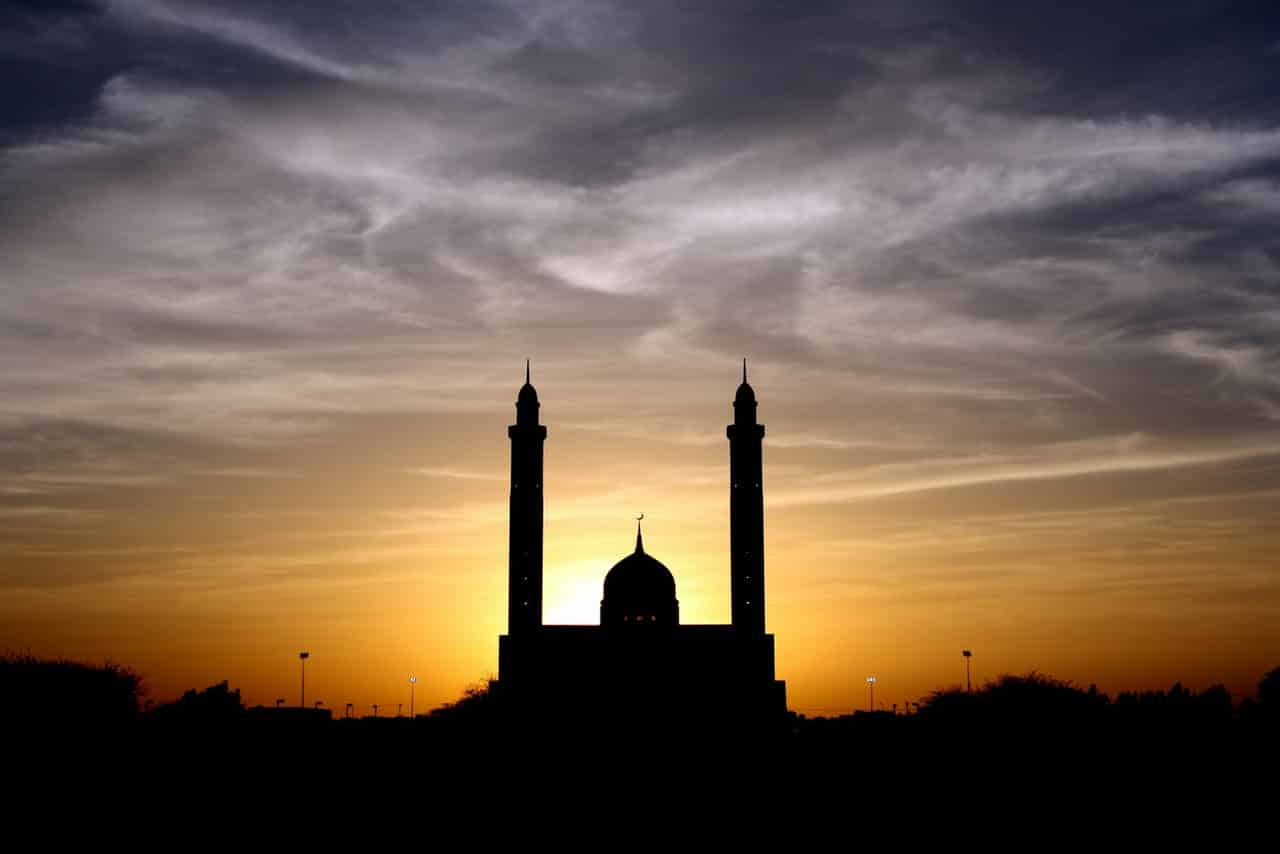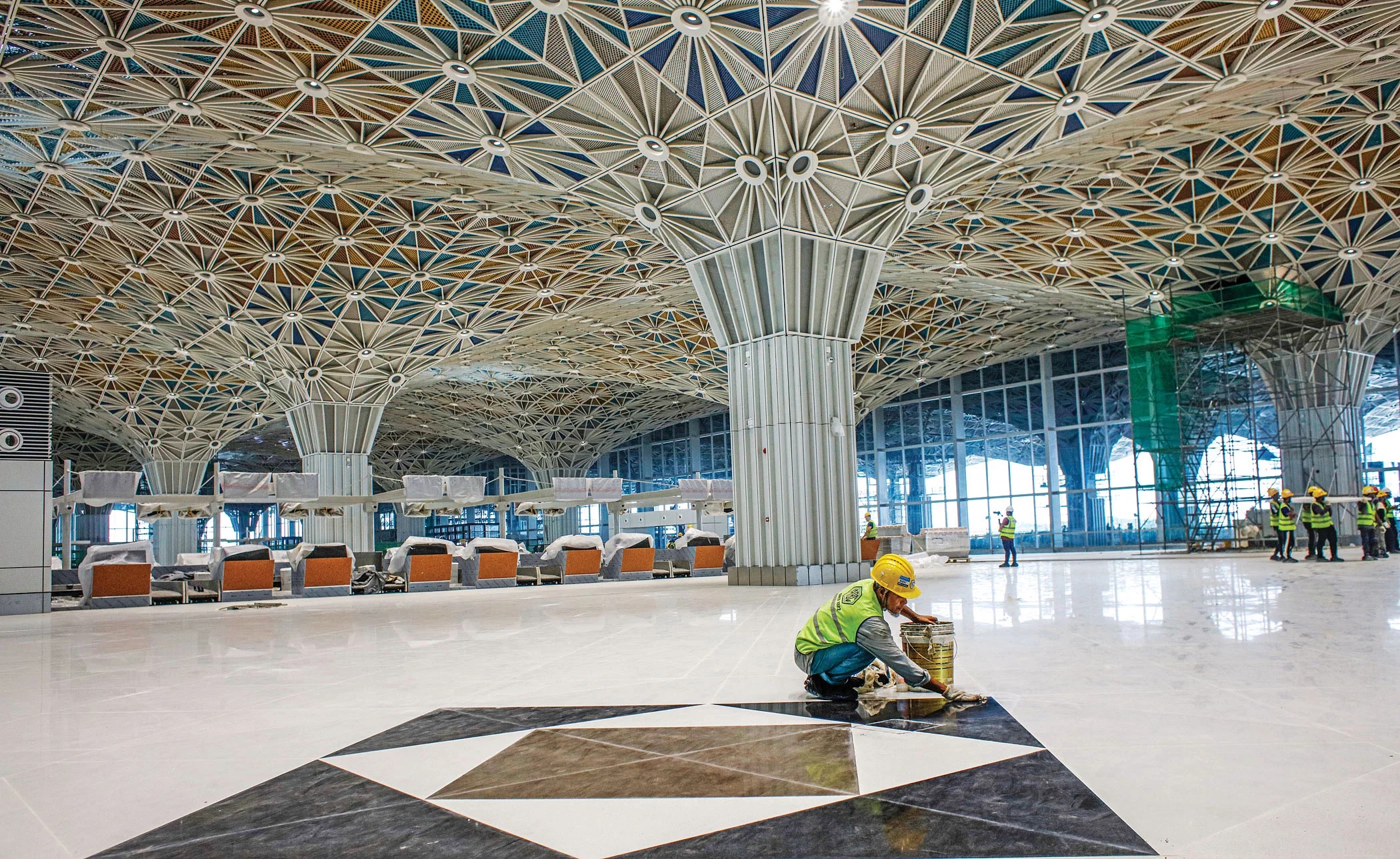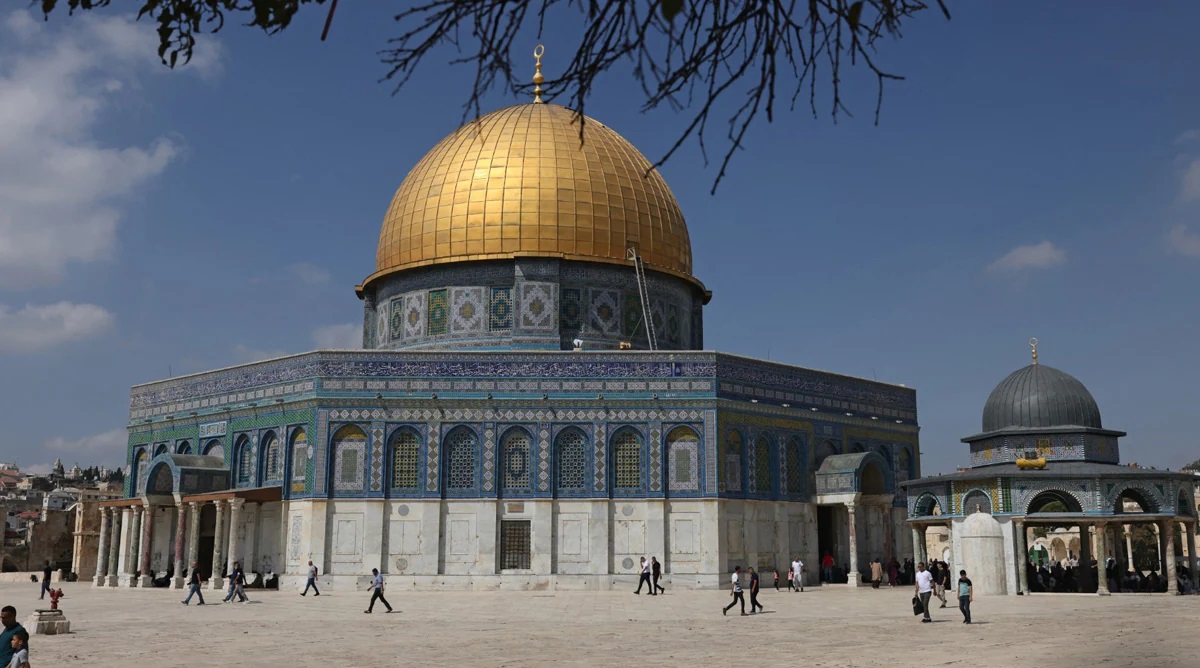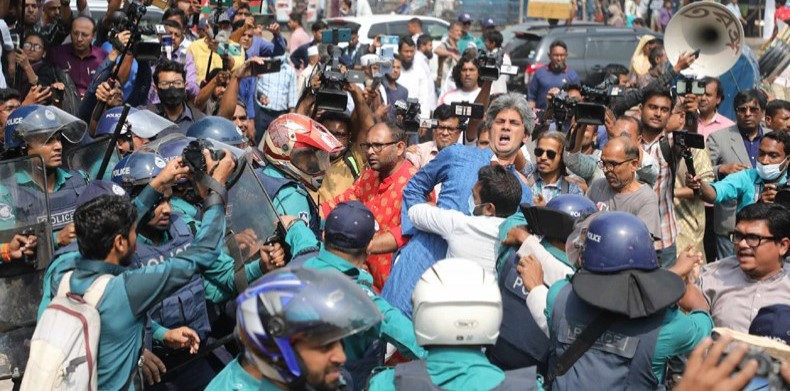Bangladesh is going to formulate a policy on carbon pricing, carbon trading and access to global carbon market. The country will also formulate a monitoring, reporting and verification system for the carbon emission related activities of different companies, establishing an emission registry.
The government is undertaking the initiative after the World Bank suggested Bangladesh to formulate a carbon policy.
The Department of Environment (DoE) prepared a project proposal and sent it to the environment, forest and climate change ministry to take steps for approval from the planning ministry. The estimated cost of the project is $2 million and the World Bank will bear the total expense.
The World Bank is providing assistance to various member states to help implement Article 6 of the Paris Agreement, 2015. The article is related to the establishment of a mechanism of bilateral and multilateral carbon pricing, trading and global carbon market aiming the reduction of global emissions.
Through this mechanism a company in one country can reduce emissions in that country and have those reductions credited so that it can sell them to another company in another country. That second company may use them for complying with its own emission reduction obligations.
A study carried out by the International Emissions Trading Association (IETA) with the help of researchers and modellers from the University of Maryland forecast that additional financing from carbon markets could exceed $ 1 trillion by 2050.
The three years DoE project will come to the end by 2025 just before the LDC graduation. The DoE officials are expecting to start the implementation of the project later this year.
“We will justify the possible options for carbon pricing and carbon trading through the project,” Mirza Shawkat Ali, director of climate change and international convention under the DoE told FP.
Mohammad Hatem, executive president of Bangladesh Knitwear Manufacturers and Exporters Association (BKMEA), said, “It is a good initiative and there is no doubt about it. But the main question is who will bear the cost of implementing the policy? Buyers are not at all interested to increase the product price; rather they want to reduce more. If we demand more prices to make the industry green, the buyers will surely turn their faces away to other countries.”
Not only the RMG sector, the carbon budget and pricing will be implemented in all the sectors, including transport, steel and other heavy industries that emit carbon by burning fossil fuel.
Bangladesh not to implement policy before 2030
The European Union is in the advanced stage of reducing both domestic and global emission by imposing carbon tax under the EU Green Deal. On top of that, the developed countries are also asking least developed countries to reduce emission.
The developed countries want to reduce emission in least developed countries, instead of cutting their own emission, providing technology and project support which they say would be treated as their own emission cut. Through such policies, the developed countries in fact are introducing carbon trading, paving the way to imposing carbon tax, carbon emission limit on LDCs.
The LDCs, however, are not interested to limit carbon emission in own countries, imposing carbon tax on domestic industries as they emit a small amount compare to developed countries.
“We have been talking with other LDCs. We are not going to implement the mechanism suggested in Article 6 of Paris Agreement right now. There is no pressure on LDCs at the moment,” DoE Director Mirza Shawkat Ali said.
“A few developed countries are imposing carbon trading. In 2026, after LDC graduation, the pressure to impose these taxes will increase. But till 2030, we can avoid carbon pricing on our businesses,” he said.
“The industries are already going through various challenges created by the Covid-19 pandemic. Even before overcoming the negative impact of the pandemic, the Russia-Ukraine war brought forth additional pressure on our businesses. Imposing carbon tax right this moment will pose a grave threat to their existence. So, we are considering this project as a preparation for the future,” he added.
How carbon trading has come
Carbon trading entered into the climate negotiation through Kyoto Protocol adopted in December 1997. The implementation period of the protocol was 2008-2012. During the time the developed countries were supposed to reduce carbon emissions by 5.7% from 1990’s level.
But even before the implementation of the protocol started, the US brought forth a new proposal in order to avoid reducing its own emission.
“The United States said they would help other countries reduce the emission providing technology and investment support, and the reduced emission would be treated as their own. And the proposal was included in the Paris Agreement in a different form,” Md Shamsuddoha, chief executive of Centre for Participatory Research and Development (CPRD) told FP.
“Within a few years, carbon tax and carbon trading will be introduced in the all developed countries. Then our industrialists will also face an additional tax on exports, especially to European market,” he apprehended.
EU green deal
European Green Deal was approved in 2020. Carbon Border Adjustment
Mechanism (CBAM) is one of the parts of the deal.
According to the European Commission, the CBAM, scheduled to be operational from January 2023, will initially be applied only on a selected number of goods like cement, iron and steel, aluminum, fertilisers and electricity that emit carbon at a high rate.
During the transitional period of 2023-25, importers will have to report emissions embedded in their goods without paying any financial compensation.
From 2026 onward, the EU importers will have to pay for CBAM certificates. If non-EU exporters establish a carbon market, the corresponding cost will be deducted from the total CBAM charges.
According to the Research and Policy Integration for Development (RAPID), Bangladesh’s main export items are apparel, leather and footwear goods which are not included in the CBAM’s initial implication list. These sectors are among the 63 sub sectors which may be included later.
Zakir Hossain Khan, executive director of the Change Initiatives told, “Bangladesh does not have accurate data about the country’s total carbon emission. So, it does not have emission data of individual company.” “Under the EU green Deal, the EU countries will ask for the carbon footprint of a product before import. And carbon tax will be imposed on those goods by calculating the rate of carbon emission,” he added.
The developed country will not wait for an indefinite time to impose green tax. May be it can be imposed within some years, Khan said.
However, Md Shamsuddoha said, “Civil societies are creating pressure on EU governments to impose carbon tax on products. Even if the governments do not do this the consumers will choose the products which have less emission. And to capture the huge consumer group, the importers will add tag with the products mentioning carbon emission level.”
Bangladesh towards green
The DoE is also taking another project funded by United Nations Environment Programme (UNEP). Under the project, a factory in an export processing zone will be selected and transformed to renewable energy from fossil fuel as a pilot case.
“Other factories will be interested to transform into green energy if the piloting become successful,” DoE’s Mirza Shawkat said.
According to RAPID, in 2021-22, Bangladesh’s export to EU countries was worth $23.2 billion which was 45 per cent of export earnings coming from EU.
Bangladesh is in a position that in future it would not emit more carbon in manufacturing as the country is taking more green steps to reduce it.
For example, RMG sector, the largest manufacturing industry in the county is spending a huge amount of money in eco-friendly production.
Already, the sector established 173 are LEED certified green factories in sector. While the compliant factories are adapting latest technology that consume less energy and they also reusing waters and harvesting rain water.
There are around 3,000 garment factories in Bangladesh located in around 1,500 buildings. Of them 173 are LEED certified green factories.



